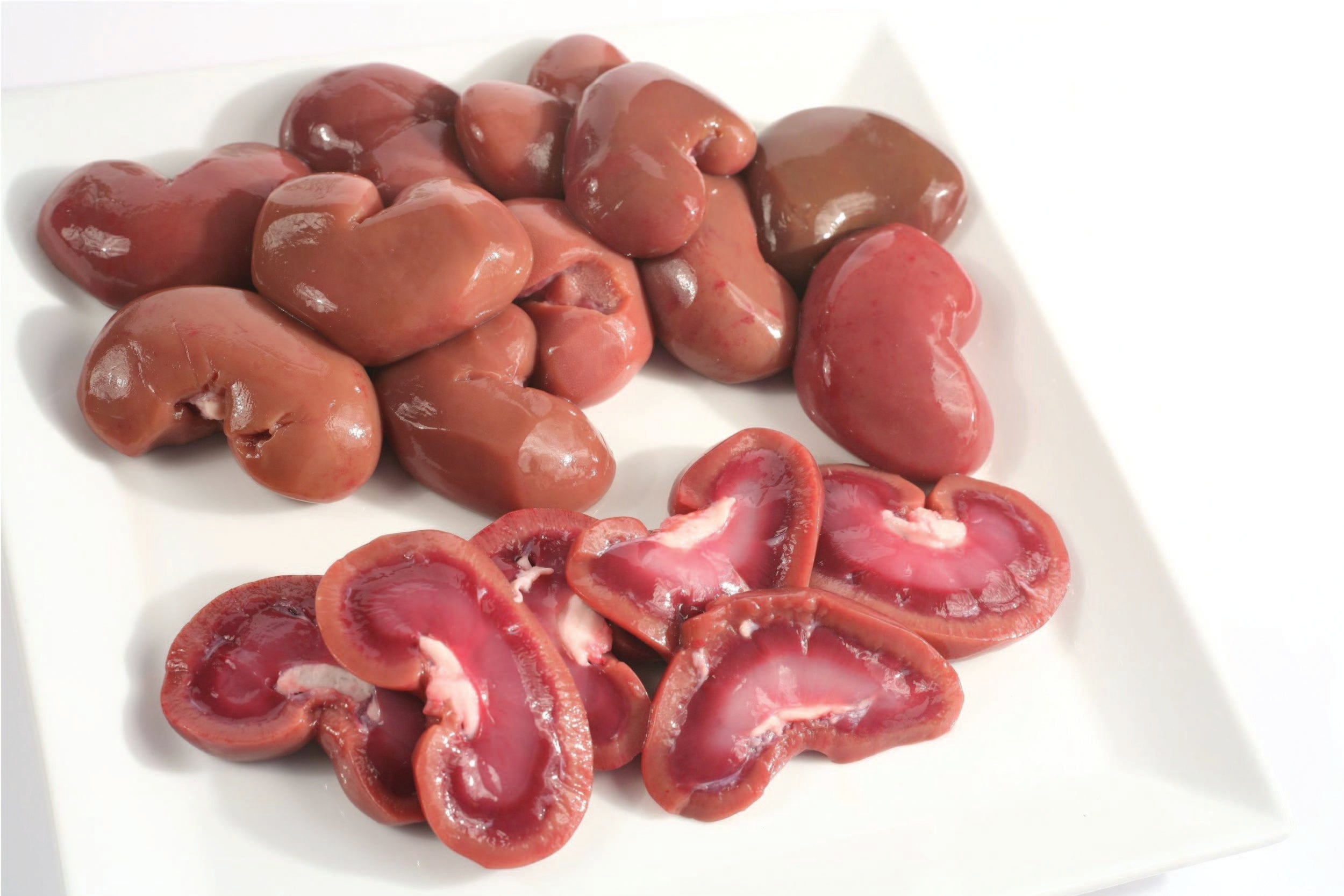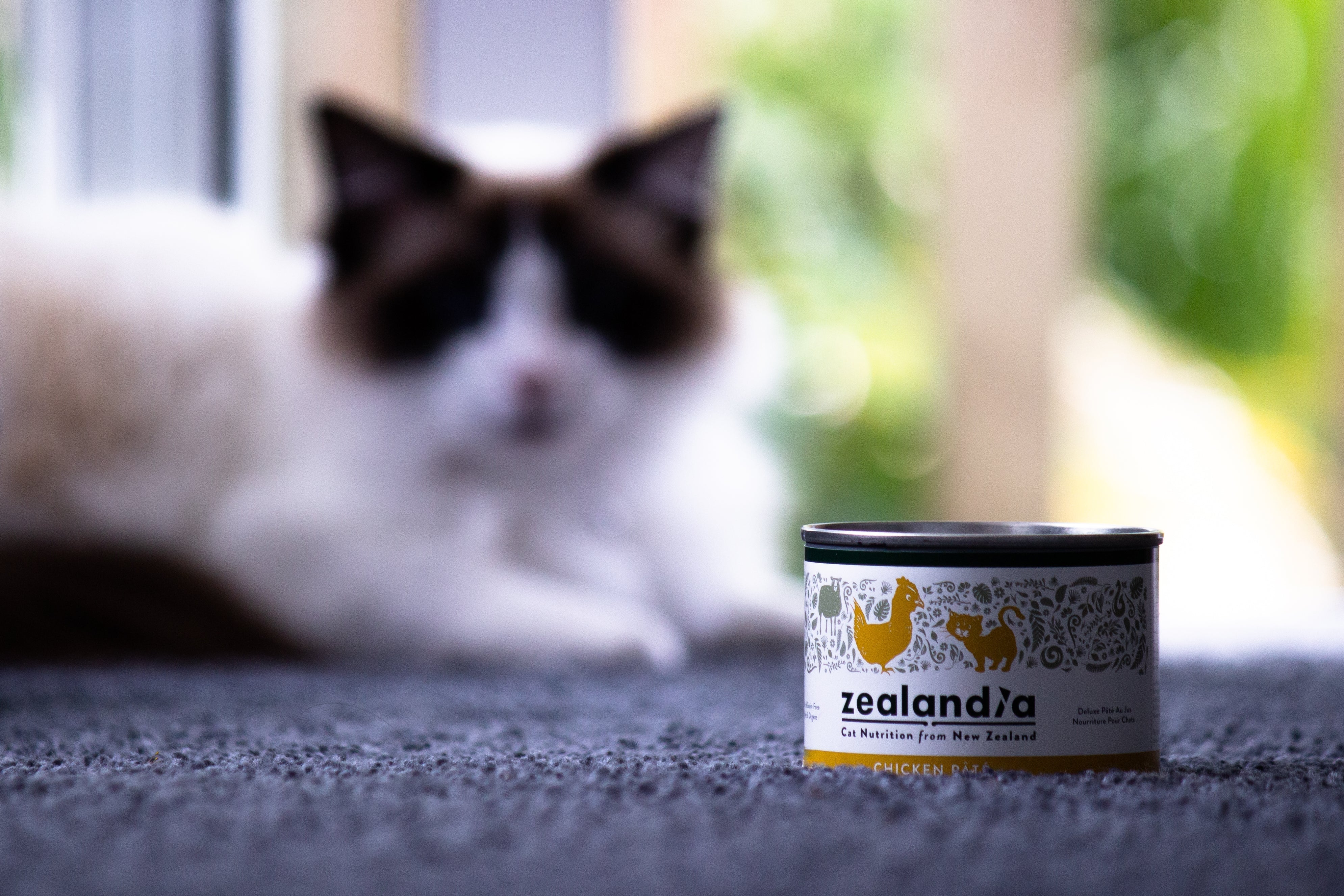Understanding the Vitamins and Minerals in Zealandia Pet Food

Written by Andrew Burch, Director - Zealandia Limited.
For Zealandia canned food to be ‘Complete and Balanced’, its products are enriched with essential vitamins and minerals. These nutrients are crucial for maintaining the health and well-being of pets, playing vital roles in various physiological processes. This article provides an in-depth look at the vitamins and minerals incorporated into Zealandia's pet food, exploring their functions and benefits.
Calcium Carbonate is a compound commonly used as a calcium supplement. Calcium is essential for the development and maintenance of strong bones and teeth. It also plays a critical role in muscle function, nerve signaling, and blood clotting. In pets, adequate calcium intake helps prevent conditions such as rickets in young animals and osteoporosis in older ones.
Potassium Chloride is a vital source of potassium, an essential electrolyte. Potassium is necessary for maintaining proper fluid balance, nerve transmission, and muscle contraction. It helps regulate heart function and is crucial for the overall cellular function of pets. Deficiency in potassium can lead to weakness, lethargy, and cardiac issues.
Taurine is an amino acid that is particularly important for cats, as they cannot synthesize it in sufficient amounts. Taurine supports cardiovascular health, aids in bile salt formation for fat digestion, and is essential for retinal and reproductive health. A deficiency in taurine can lead to heart disease, vision problems, and reproductive issues in cats.
Choline Chloride is a source of choline, a nutrient that supports liver function, brain development, and muscle movement. It is a component of phospholipids, which are essential for cell membrane integrity. Choline is also involved in the synthesis of acetylcholine, a neurotransmitter important for memory and muscle control.
Iron Proteinate is a chelated form of iron, which is more easily absorbed by the body. Iron is a crucial component of hemoglobin, the protein in red blood cells that carries oxygen throughout the body. Adequate iron intake prevents anemia, a condition characterized by fatigue, weakness, and decreased immune function.
Zinc Glycine Complex is a chelated form of zinc, enhancing its bioavailability. Zinc is essential for immune function, wound healing, DNA synthesis, and cell division. It also plays a role in skin health and the maintenance of a healthy coat in pets. Zinc deficiency can lead to growth retardation, hair loss, and immune dysfunction.
Niacin Supplement (Vitamin B3) is a water-soluble vitamin that supports metabolism by helping convert food into energy. It is also important for skin health, nerve function, and digestive health. Niacin deficiency can cause pellagra, a condition characterized by diarrhea, dermatitis, and dementia.
Alpha-Tocopherol Acetate is a form of Vitamin E, a fat-soluble antioxidant. Vitamin E protects cells from oxidative damage, supports immune function, and promotes skin and coat health. Adequate Vitamin E intake helps prevent muscle weakness, reproductive failure, and retinal degeneration.
Sodium Selenite provides selenium, a trace mineral with antioxidant properties. Selenium works with Vitamin E to prevent cellular damage from free radicals. It also plays a role in thyroid hormone metabolism and immune function. Selenium deficiency can lead to muscle weakness, reproductive issues, and compromised immune function.
Selenium Yeast is a form of selenium that is organically bound to yeast, providing a highly bioavailable source of this essential trace mineral. Unlike inorganic forms of selenium, such as sodium selenite, selenium yeast is better absorbed and utilized by the body. Selenium is crucial for antioxidant defence, as it forms part of the enzyme glutathione peroxidase, which protects cells from oxidative damage. It also plays a vital role in thyroid hormone metabolism and immune function. In pet nutrition, selenium yeast supports overall health, enhancing the body's ability to combat oxidative stress and maintain proper thyroid and immune function, thereby contributing to the well-being and longevity of pets.
Manganese Proteinate is a chelated form of manganese, improving its absorption. Manganese is essential for bone formation, cartilage development, and the metabolism of carbohydrates and fats. It also plays a role in the synthesis of antioxidants. Manganese deficiency can result in skeletal deformities and impaired growth.
Copper Glycine Complex is a chelated form of copper, enhancing its bioavailability. Copper is vital for the formation of red blood cells, connective tissue, and the functioning of the immune and nervous systems. It also acts as a cofactor for various enzymes involved in energy production. Copper deficiency can cause anemia, bone abnormalities, and cardiovascular issues.
Thiamine (Vitamin B1) Mononitrate is a water-soluble vitamin that plays a key role in energy metabolism by helping convert carbohydrates into energy. It is also important for nerve function. Thiamine deficiency can lead to neurological issues, muscle weakness, and cardiovascular problems.
Calcium Pantothenate is a form of Vitamin B5 (pantothenic acid). This vitamin is crucial for the synthesis of coenzyme A, which is involved in fatty acid metabolism. It also supports adrenal function and the synthesis of neurotransmitters. Deficiency in Vitamin B5 can lead to fatigue, impaired muscle coordination, and gastrointestinal issues.
Riboflavin (Vitamin B2) is a water-soluble vitamin essential for energy production and the metabolism of fats, drugs, and steroids. It also plays a role in maintaining healthy skin and eyes. Riboflavin deficiency can cause skin disorders, hair loss, and vision problems.
Pyridoxine (Vitamin B6) Hydrochloride is a water-soluble vitamin involved in amino acid metabolism, neurotransmitter synthesis, and hemoglobin production. It also supports immune function and brain health. Deficiency in Vitamin B6 can lead to anemia, dermatitis, and neurological disorders.
Vitamin A Acetate is a form of Vitamin A, a fat-soluble vitamin crucial for vision, immune function, and cell growth. It is also important for maintaining healthy skin and mucous membranes. Vitamin A deficiency can result in vision problems, weakened immune response, and skin issues.
Biotin (Vitamin B7) is a water-soluble vitamin that plays a key role in the metabolism of carbohydrates, fats, and proteins. It also supports healthy skin, hair, and nails. Biotin deficiency can cause hair loss, skin rashes, and neurological symptoms.
Vitamin B12 (Cobalamin) (Cyanocobalamin) is a water-soluble vitamin essential for red blood cell formation, DNA synthesis, and nervous system function. It also supports energy metabolism. Vitamin B12 deficiency can lead to anemia, fatigue, and neurological issues.
Calcium Iodate provides iodine, a trace mineral essential for thyroid hormone production. Thyroid hormones regulate metabolism, growth, and development. Iodine deficiency can lead to goiter (enlarged thyroid gland), hypothyroidism, and developmental issues in young animals.
Folic Acid (Vitamin B9) is a water-soluble vitamin involved in DNA synthesis, cell division, and the formation of red and white blood cells. It is also important for fetal development during pregnancy. Folic acid deficiency can cause anemia, weakened immune function, and developmental defects.
Cholecalciferol (Vitamin D3) is a fat-soluble vitamin that regulates calcium and phosphorus metabolism, promoting healthy bone and teeth formation. It also supports immune function. Vitamin D deficiency can lead to rickets in young animals and osteomalacia in adults, both of which involve weakened bones.



